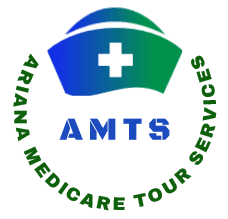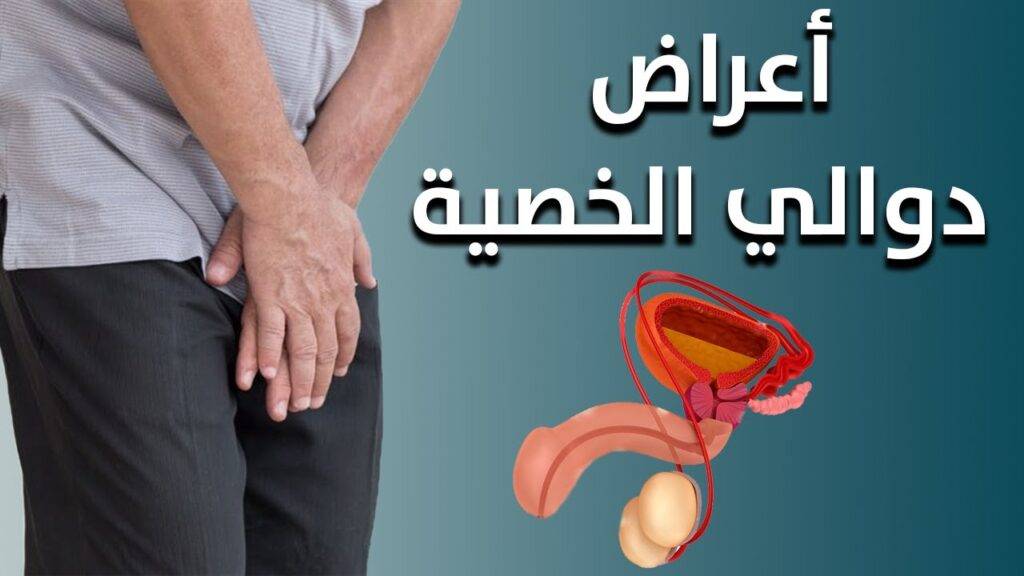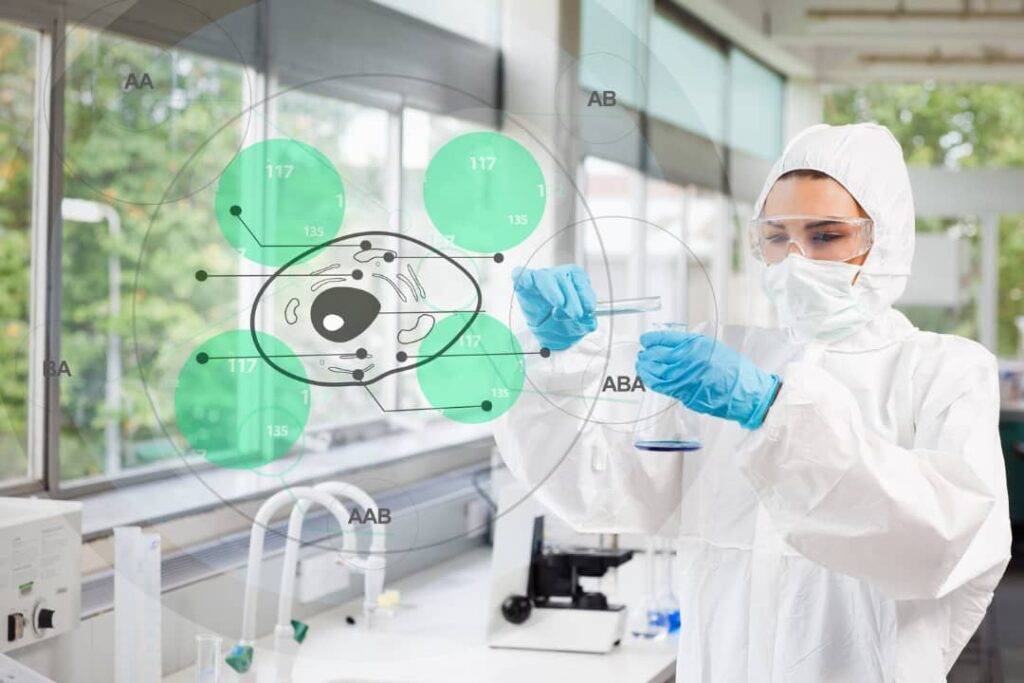Heart transplantation is one of the most important medical developments in the world of modern medicine, and Iran, including the cities of Shiraz and Tehran, is one of the leading countries in this vital field. Iran is distinguished for providing distinguished and advanced health care for patients who need a heart transplant, as high medical expertise and advanced technology are combined to achieve tangible successes in this field.
This article will review the prominent role of heart transplantation in Iran, with a focus on the leading cities in this field, Shiraz and Tehran. We will discuss in detail the importance of this delicate surgery in saving patients’ lives and improving their quality, and we will highlight the continuous efforts being made in Iran to develop and improve this important aspect of modern medicine.
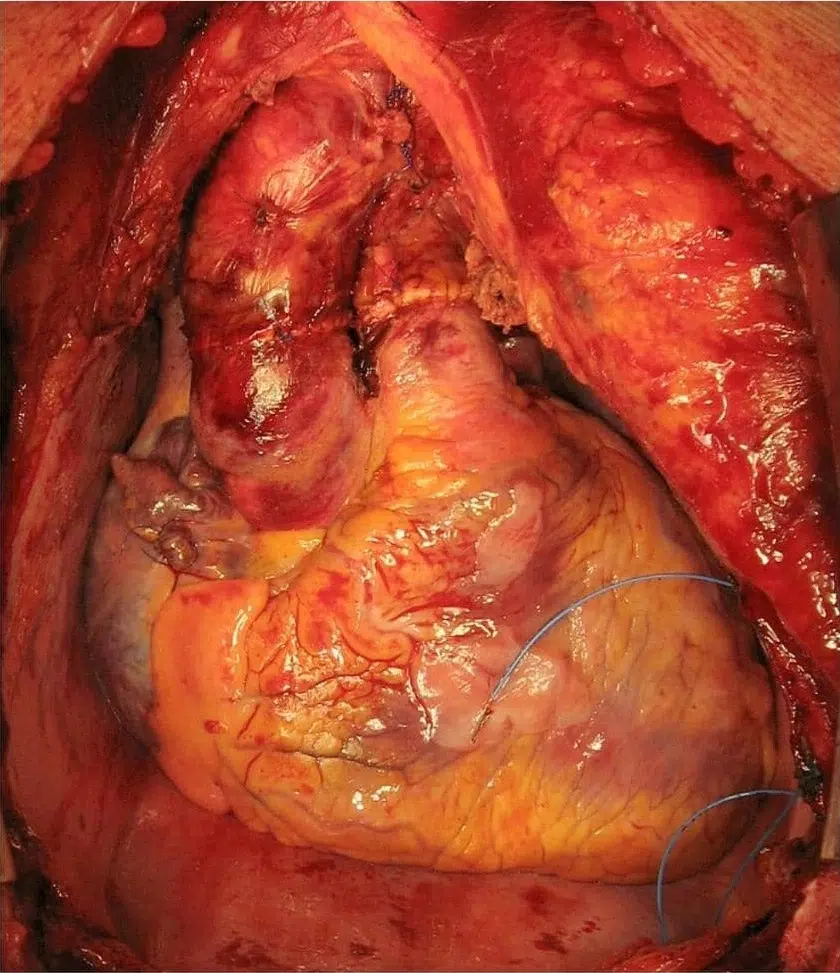
Article contents
- Introduction.
- What are the reasons for a heart transplant?
- What are the steps of heart transplant surgery?
- Recovery after a heart transplant.
- Heart transplant risks.
- The outlook for a person who has undergone a heart transplant:
- Patient assessment steps to measure readiness for a heart transplant.
- Is a heart transplant suitable for everyone?
- Decide on a heart transplant.
- What if a heart transplant is not possible? Is there an alternative?
- Diet after a heart transplant.
- The best heart transplant hospitals in Iran.
- Sources.
Introduction
A heart transplant is a surgical procedure to replace a damaged or failing heart with a healthy heart in someone who has recently died.
This type of surgery may be recommended when a person’s life is in danger due to heart failure.
What are the reasons for a heart transplant?
If a person has severe heart failure and medical treatments are not helping, a heart transplant may be considered as a treatment option of last resort.
Conditions in which a patient will need a heart transplant include:
- Coronary heart disease.
- Buildup of fatty substances in the arteries that supply the heart, blocking or blocking blood flow to the heart.
- Cardiomyopathy.
- Where the walls of the heart are stretched, enlarged, or hardened.
- Congenital heart disease.
- Birth defects that affect the normal functioning of the heart.
If the doctor decides that the patient can be treated with a heart transplant, then an in-depth assessment of the patient’s physical condition should be done before the operation to determine whether the patient is ready for this operation or not.
What are the steps of heart transplant surgery?
- A heart transplant should be performed as soon as possible after a donor heart has been found. This procedure is performed under complete general anesthesia and the person is completely asleep during the procedure.
- During the procedure, a heart-lung bypass machine is used to keep the patient circulating with oxygen-rich blood.
- An incision is made in the middle of the breast. Then the patient’s heart is removed and the healthy donor heart is connected to the main arteries and veins.
- The new heart should start beating normally.
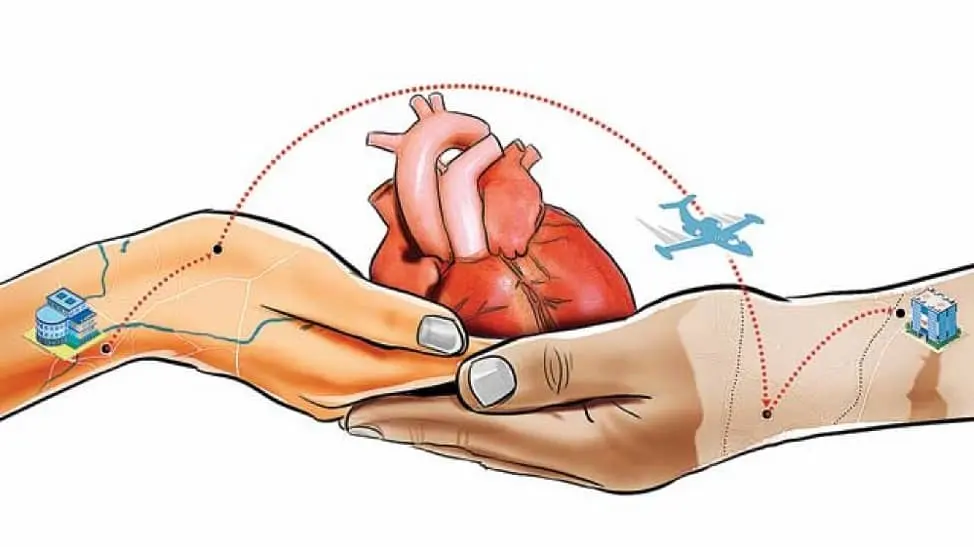
Recovery after a heart transplant
Usually, after a heart transplant, the patient has to stay in the hospital for two or three weeks. Most people can return to most of their normal activities within a few months.
After examining the patient’s condition, the doctor will usually advise him of how long he may need to avoid certain activities during his recovery.
After implantation, it is necessary for the patient to visit his doctor at regular intervals for check-ups. A person who has had a heart transplant is required to use drugs called immunosuppressants for the rest of their life.
Without these medications, a person’s body might recognize the new heart as foreign and attack it, rejecting the so-called transplant.
Heart transplant risks
Heart transplantation is a complex and dangerous procedure.
Possible complications of this operation are:
- The immune system recognizes the transplanted heart as foreign and attacks it (transplant rejection).
- The donated heart is not working properly (transplantation failure).
- Narrowing of the arteries that supply the heart (allograft cardiomyopathy).
- Side effects of immunosuppressive medications, such as increased susceptibility to infections, weight gain, and kidney problems.
- Many of these problems can be treated, although sometimes another heart transplant may be required if possible.
The outlook for a person who has undergone a heart transplant:
Most people who undergo this procedure can eventually return to their normal activities after the transplant and experience significant improvement in their symptoms for several years.
Patient assessment steps to measure readiness for a heart transplant
These steps usually involve several tests, such as:
- Blood and urine tests to check for infection and assess the health of organs such as the liver.
- Chest x-ray.
- blood pressure tests
- Lung function tests.
- A CT scan or MRI scan to check the health of organs such as the heart and lungs.
- Ultrasound examination to evaluate the patient’s kidneys.
Is a heart transplant suitable for everyone?
Not everyone who develops heart and blood vessel problems may be able to use the heart transplant option for treatment.
Decide on a heart transplant
The final decision as to whether a person can receive a heart transplant is a joint decision made by the transplant team.
The final decision as to whether a person can receive a heart transplant is a joint decision made by the transplant team.
Some people are not good candidates for a heart transplant. In such cases, doctors recommend a ventricular assist device, or ventricular assist device. This device is implanted in your chest and helps pump blood. This device helps pump blood from the ventricles to the body. VADs can be used for a short time in some people and for a long time in others. For example, people waiting for a heart transplant can use a VAD until a donor heart is available. People who can’t have a heart transplant can use a VAD for a longer period of time. However, the VAD is not suitable for all patients.
If the doctor finds that there is no benefit, an artificial heart is another option he or she can recommend.
Diet after a heart transplant.
To speed up your recovery and recovery process, you must follow a special diet after a heart transplant. Your diet should provide you with adequate calories and protein. Therefore, the following is recommended:
- Eat several small servings of high protein instead of three large meals.
- Drink milk and nutritional supplements.
Eat foods rich in protein. - Use canola oil for cooking.
- Try to replace beef with fish.
- Reduce the amount of salt you eat.

The best and best heart transplant hospitals in Iran are in the cities of Shiraz and Tehran
- The best heart transplant hospital in Shiraz, Bu Ali Sina Hospital.
- The best heart transplant hospital in Tehran is Shahid Rajaee Hospital.
Ariana Medical Tourism Services is your service, as it has a long history of counseling and taking appointments with the most skilled doctors in all medical fields, including cardiology.
Based on this, to schedule an appointment and a free medical consultation, contact us via WhatsApp mentioned on our pages. We are waiting for you.
Sources:
Read more about other articles in the medical fields (Cosmetics and Medical).
- Hair Transplant in Iran
- Rhinoplasty (Nose Job in Iran)
- Face Lift Surgery (Rhytidectomy) in Iran
- Breast Lift in Iran
- Chin Surgery in Iran
- Liposuction in Iran
- Tummy Tuck (abdominoplasty) in Iran
- Butt augmentation (Brazilian butt lift) in Iran
- Breast Augmentation in Iran
- Eye Care in Iran
- Cataract Surgery in Iran
- Diabetic Retinopathy Treatment in Iran
- Heart Surgery in Iran
- Knee replacement in Iran
- Eyelid Surgery In Iran
- Safe Abortion in Iran
